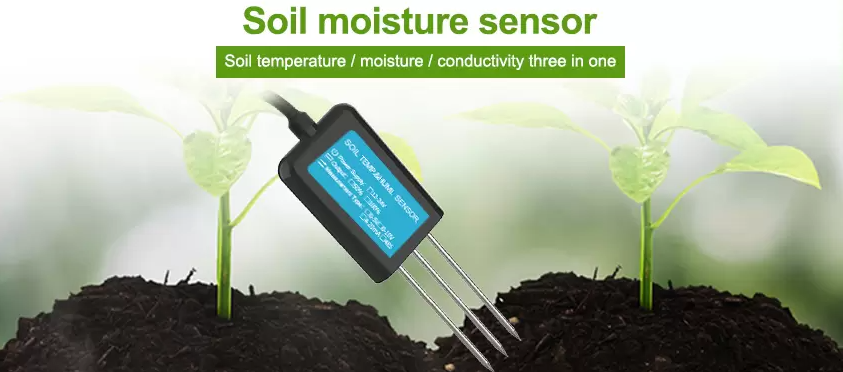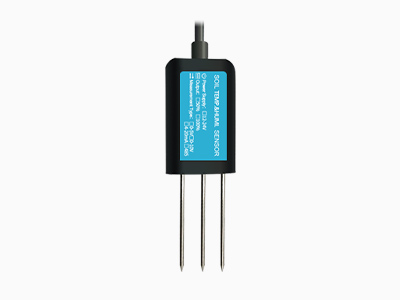Wireless soil moisture sensor revolutionize this practice by providing real-time data and convenient monitoring. This paper explores the implications of wireless soil moisture sensors, highlighting their ability to simplify agricultural practices and increase productivity.

Wireless soil moisture sensor are innovative devices that utilize Wi-Fi technology to measure and transmit accurate data regarding soil moisture content. Deployed in agricultural fields, these sensors actively monitor soil conditions and relay information wirelessly to farmers or agricultural experts. By eliminating the need for manual measurements, these sensors save significant time and effort while delivering precise soil moisture information.
Advantages of wireless soil moisture sensors
The deployment of wireless soil moisture sensors offers numerous advantages in agriculture. Firstly, it enables farmers to make informed decisions regarding irrigation. Real-time data from the sensors allows farmers to determine when and how much water should be applied to crops, preventing under or over-watering. This efficient irrigation management not only conserves water resources but also enhances crop health and productivity.

Moreover, wireless soil moisture sensors facilitate proactive pest and disease management. Soil moisture levels play a crucial role in influencing the prevalence of pests and diseases. By continuously monitoring these levels, farmers can identify potential risks and take preventive measures accordingly. Early detection of moisture-related issues allows for timely intervention, reducing the likelihood of crop damage and enhancing overall yield.
The convenience offered by wireless soil moisture sensors extends to their ease of installation and scalability. These sensors can be easily deployed across large agricultural areas, ensuring comprehensive coverage. Additionally, they can be integrated with existing farm management systems, allowing for seamless data integration and analysis. Farmers can access soil moisture data remotely, enabling them to make informed decisions even when they are not physically present on-site.
The data collected by wireless soil moisture sensors also facilitates precision agriculture. By analyzing the historical moisture patterns recorded by these sensors, farmers can gain valuable insights into crop-specific water requirements. This insight enables precise irrigation scheduling, mobile app-controlled nutrient delivery, and the optimization of farming practices, resulting in increased efficiency and reduced costs.
Conclusion:
In conclusion, wireless soil moisture sensors have revolutionized agriculture by providing real-time and accurate data regarding soil moisture content. These innovative devices streamline agricultural practices by enabling efficient irrigation management, proactive pest and disease control, and precision agriculture. With their convenience, scalability, and integration capabilities, wireless soil moisture sensors offer significant value to farmers and contribute to enhanced productivity and sustainability in the agricultural sector. Embracing this technology is crucial for modernizing agricultural practices and meeting the challenges of an ever-growing global population’s food needs.
